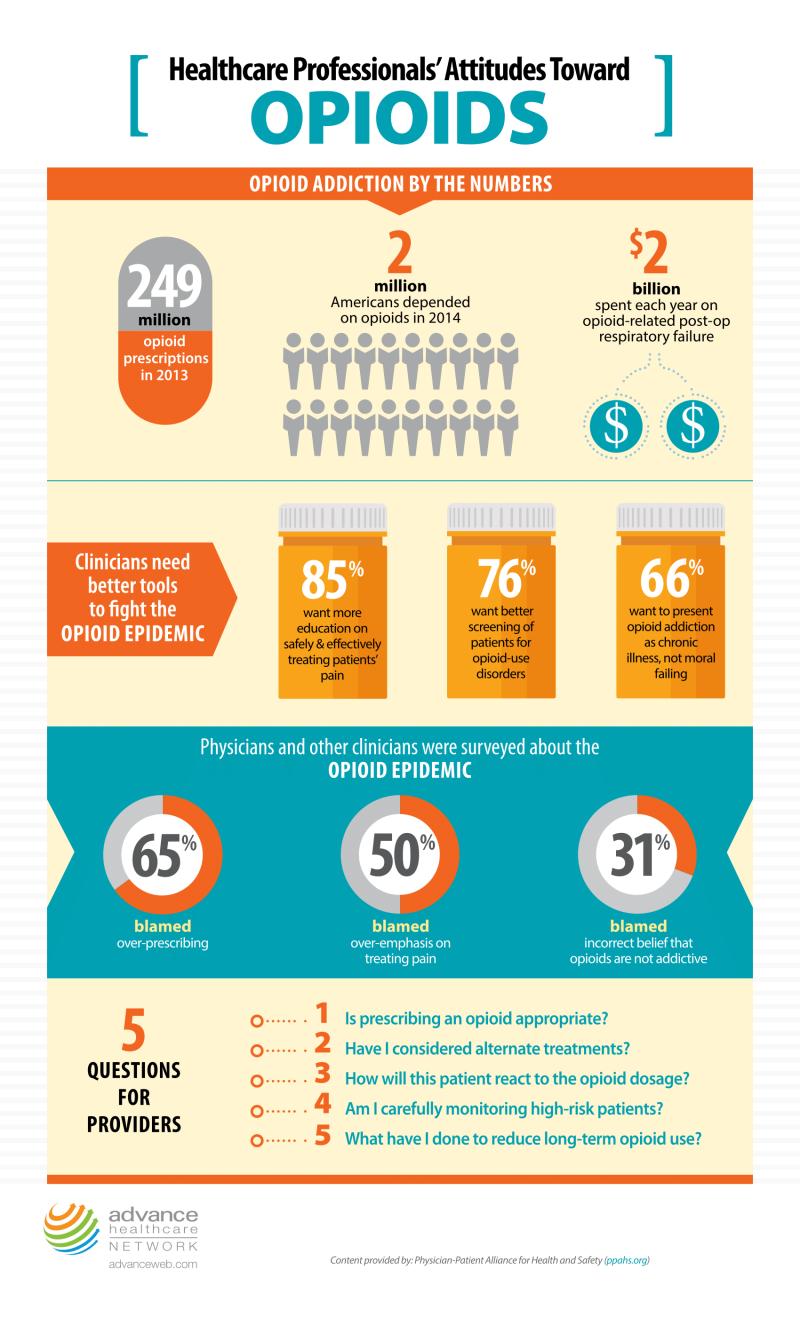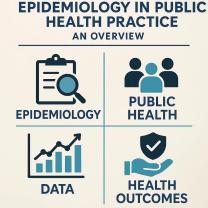What is the definition of opioid dependence?
Opioid dependence, now commonly referred to as opioid use disorder (OUD), is a medical condition characterized by a problematic pattern of opioid use that leads to significant impairment or distress. Individuals with opioid dependence may exhibit a strong desire to continue using opioids, have difficulty controlling or reducing their use, and experience withdrawal symptoms when not using opioids.
The Diagnostic and Statistical Manual of Mental Disorders, Fifth Edition (DSM-5), outlines specific criteria for diagnosing opioid use disorder. These criteria include factors such as the inability to cut down or control opioid use, spending a significant amount of time obtaining or using opioids, and neglecting important social, occupational, or recreational activities due to opioid use.
It's important to note that the terminology has evolved, and the term "dependence" has been replaced with "use disorder" to better reflect the complex nature of addiction. Opioid use disorder is a serious medical condition that requires comprehensive treatment, often involving a combination of medication, counseling, and support services.
Understanding Opioid Dependence and Addiction:
Here's a breakdown of your questions:
1. Defining Opioid Dependence:
In the medical context, opioid dependence refers to a state where the body has adapted to the presence of opioids and experiences unpleasant withdrawal symptoms upon cessation or dose reduction. It's important to note that dependence does not necessarily imply addiction, although it can be a stepping stone.
2. Criteria for Diagnosis:
The Diagnostic and Statistical Manual of Mental Disorders (DSM-5) outlines several criteria for diagnosing opioid dependence, including:
- Tolerance: Needing progressively higher doses to achieve the desired effect.
- Withdrawal symptoms: Experiencing discomfort and distress (e.g., sweating, chills, insomnia) when stopping or reducing the dose.
- Continued use despite problems: Using opioids despite negative consequences in personal, professional, or social life.
- Cravings: Intense desires or urges to use opioids.
- Inability to control use: Difficulty limiting or stopping opioid use.
3. Severity Levels:
Opioid dependence can range in severity. Factors like duration and dose of opioid use, presence of withdrawal symptoms, and the impact on life functioning can indicate the level of dependence. Some healthcare systems utilize specific diagnostic scales to assess severity.
4. Opioid Dependence vs. Addiction:
While closely related, dependence and addiction have key differences:
- Focus: Dependence emphasizes the physical changes in the body, while addiction highlights the compulsive, reward-seeking behavior driven by brain changes.
- Control: Dependence primarily involves overcoming withdrawal symptoms, while addiction may require addressing deep-seated psychological cravings and triggers.
5. Risk Factors for Opioid Dependence:
Several factors can increase the risk of developing opioid dependence, including:
- Chronic pain: Pain management, especially with prescription opioids, is a major risk factor.
- Mental health conditions: Anxiety, depression, and PTSD can increase vulnerability to substance abuse.
- Personal history of addiction: Past addiction to other substances increases the risk for opioid dependence.
- Family history of addiction: Genetic predisposition and family environment can play a role.
- Exposure to opioids: Early or widespread exposure to opioids, including in medications or peer groups, can elevate the risk.
Remember, if you or someone you know struggles with opioid dependence or addiction, seeking professional help is crucial. Early intervention and evidence-based treatment can lead to successful recovery.
I hope this clarifies the distinctions and complexities surrounding opioid dependence and addiction. Please let me know if you have further questions.













